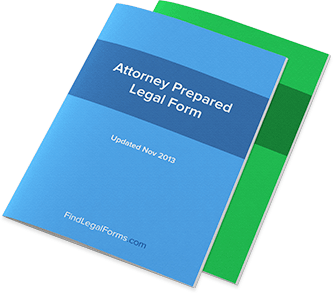General Power of Attorney Forms
To many people, “power of attorney” is the kind of phrase that matters to rich people who can afford lawyers, but not the middle class or the everyman. But you’d be surprised just how important power of attorney can be - for everyone. And this includes what’s known as the “general power of attorney,” which is a powerful distinction in the legal world and carries not only a lot of legal weight, but a lot of impact for your life and the lives of those around you. Let’s start by defining what general power of attorney is. Quite simply, general power of attorney refers to the basic power of attorney that is granted to someone by one person signing the proper forms. For example, let’s consider this scenario: you are your father’s only son and he signs forms authorizing power of attorney for you so that you can take care of his affairs. What does this entail? If you’ve been granted general power of attorney, you can handle financial matters from signing and endorsing checks to paying the bils. There may be some leeway with other decisions for your father, as well. When this general power of attorney is limited, it ceases to be general power of attorney and only applies to certain cases. How is general power of attorney granted? Through the general power of attorney forms that we’re talking about on this web site. These can be easy forms to fill out, but their weight and impact should still be recalled, especially if you’re the one granting someone else the general power of attorney. When you grant someone power of attorney, it should always be someone that you trust implicitly, and someone very close to you throughout your life. Granting power of attorney to someone you hardly know is one of the most vital mistakes you could ever make, because they would have legal powers outside of your control. In order for this form to be valid, however, the form must be signed by both parties - the one granting the power of attorney and the one receiving it. If challenged by a third party, it will be important that the power of attorney form has also been notarized by a notary public, who serves as a witness and verifier that the document that has been signed is authentic and that both signatures are valid. Once this step is taken, there is essentially “no going back,” and the contract is considered ironclad as long as the contract itself is legal and within the power of attorney regulations of the state. Making sure that you’ve properly handled your power of attorney forms is important if you’re sure about granting power of attorney to someone else - and if you’re the one taking on power of attorney. Both burdens carry heavy responsibilities and will require a lot of thought if such a contract is to be signed and agreed upon by both parties.

